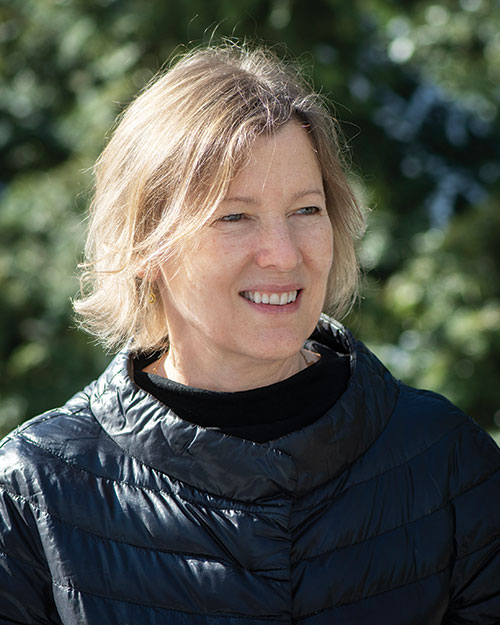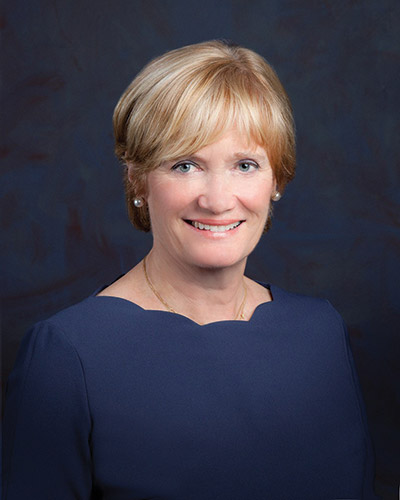Assistant Professor
For me teaching is an opportunity to build learning and researching communities with students and colleagues. It is a way of examining global inequalities and our roles in it, while collectively imagining and creating desirable futures.
Masaya Llavaneras Blanco researches and teaches about development studies, care, human mobilities, and transnational feminisms. Her research centres everyday mobilities, migration, domestic work, and social reproduction in the Caribbean, specifically in Haiti and the Dominican Republic. She also researches development politics and practices using a feminist lens.
Before joining Huron’s Centre for Global Studies in 2021, Masaya taught in the Departments of Global Studies and Political Science at Wilfrid Laurier University. She brings to the classroom over a decade of applied experience in applied research and activism in migration and feminist political economy. Masaya is also an active executive committee member of DAWN (Development Alternatives with Women for a New Era), a long-standing network of feminist activists and researchers from the global south.
Degrees:
PhD, Global Governance, Balsillie School of International Affairs, Wilfrid Laurier University.
MA, Women’s Studies, Universidad Central de Venezuela.
BA (Honours), International Development Studies and International Political Economy, Trent University.
Research Areas:
South-South Migration
Intimate labour
Care and social reproduction
Development Studies
Political Economy
Human Mobilities
Border politics
Everyday life
The Caribbean
Summary of research:
(2024, forthcoming) “‘So, you really want to know about this’: Race, power and the potential of a subversive Critical Feminist Ethics of Care,” In Bougault, S., Fitzgerald, M., and Fiona Robinson (Eds.) Decentering epistemologies and challenging privilege: critical care ethics perspectives, to Rutgers University Press. (Accepted for publication)
(2023) (Co-edited with Corina Rodríguez Enriquez on behalf of Development Alternatives with Women for a New Era, DAWN,) Corporate Capture of Development: Public-Private partnerships, Women’s Human Rights and Global Resistance, Bloomsbury Publishing, UK.
(2022). Intimate bordering: Intimacy, anti-blackness and gender violence in the making of the Dominican border. In Political Geography, 99, 102743. https://doi.org/10.1016/j.polgeo.2022.102743
(2022) “Subaltern trajectories: The entanglement between human mobility and the intimate in the Haitian-Dominican borderlands.” In Environment and Planning C: Politics and Space, 40(5), 1032-1047
(2017) “The travels of an exotic bird: The transnational trajectories of Venezuela’s constitutional recognition of the value of unpaid work.” In Global Social Policy, 17(3), 328-346.







 Lisa Jones Keenan is the Vice President of Sales at Xplornet Communications, the largest rural fixed wireless broadband service provider in Canada.
Lisa Jones Keenan is the Vice President of Sales at Xplornet Communications, the largest rural fixed wireless broadband service provider in Canada. 
 Leigh Allen is the AVP, Global Strategic Research, Reinsurance Group of America Inc., one of the world’s largest global life and reinsurance companies.
Leigh Allen is the AVP, Global Strategic Research, Reinsurance Group of America Inc., one of the world’s largest global life and reinsurance companies. Yola Ventresca is a Managing Partner, Lerners LLP, Secretary of Huron’s Board of Governors and a Huron Class of ’02 alumni. Selected as one of Canada’s “Best Lawyers,” she is passionate about the value of Liberal Arts in helping students succeed in their careers.
Yola Ventresca is a Managing Partner, Lerners LLP, Secretary of Huron’s Board of Governors and a Huron Class of ’02 alumni. Selected as one of Canada’s “Best Lawyers,” she is passionate about the value of Liberal Arts in helping students succeed in their careers. Susan Farrow is an Assistant Professor in The Temerty Faculty of Medicine at the University of Toronto and a Founding Partner and Co-Director of The Toronto Institute of Group Studies, an organization offering certified training and education in group leadership.
Susan Farrow is an Assistant Professor in The Temerty Faculty of Medicine at the University of Toronto and a Founding Partner and Co-Director of The Toronto Institute of Group Studies, an organization offering certified training and education in group leadership.  Frank Holmes is CEO and Chief Investment Officer of U.S. Global Investors, as well as a business commentator, philanthropist and Huron Class of ‘78 alumnus. Holmes also serves as the Executive Chairman of HIVE Blockchain Technologies, the first cryptocurrency mining company to go public in 2017.
Frank Holmes is CEO and Chief Investment Officer of U.S. Global Investors, as well as a business commentator, philanthropist and Huron Class of ‘78 alumnus. Holmes also serves as the Executive Chairman of HIVE Blockchain Technologies, the first cryptocurrency mining company to go public in 2017. Kelly Meighen is an experienced philanthropist and volunteer. In her role as president of the T.R. Meighen Family Foundation, she has created a legacy of volunteerism and philanthropic giving in the areas of youth mental health advocacy, environmental conservation and cultural vibrancy.
Kelly Meighen is an experienced philanthropist and volunteer. In her role as president of the T.R. Meighen Family Foundation, she has created a legacy of volunteerism and philanthropic giving in the areas of youth mental health advocacy, environmental conservation and cultural vibrancy.  Ranjita is Executive Chair of the Oxford Global Partnership, advising investors, businesses, family offices and entrepreneurs on sustainable, inclusive and responsible value creation. A Business Fellow at Oxford University’s Smith School, Ranjita engages with companies on pursuing value with values, and teaches a postgraduate “Essentials of ESG & DEI” course.
Ranjita is Executive Chair of the Oxford Global Partnership, advising investors, businesses, family offices and entrepreneurs on sustainable, inclusive and responsible value creation. A Business Fellow at Oxford University’s Smith School, Ranjita engages with companies on pursuing value with values, and teaches a postgraduate “Essentials of ESG & DEI” course. Caleb Hayhoe is the Founder & Chairman of Flowerdale Group and a Huron Class of ’85 Alumnus. Flowerdale Group is a Hong Kong based family office with a global investment outlook across public markets, real estate and private investment. Hayhoe previously spent over ten years building a global sourcing business together with an exceptional team, and remains committed to entrepreneurialism and helping great ideas become sustainable companies.
Caleb Hayhoe is the Founder & Chairman of Flowerdale Group and a Huron Class of ’85 Alumnus. Flowerdale Group is a Hong Kong based family office with a global investment outlook across public markets, real estate and private investment. Hayhoe previously spent over ten years building a global sourcing business together with an exceptional team, and remains committed to entrepreneurialism and helping great ideas become sustainable companies.



